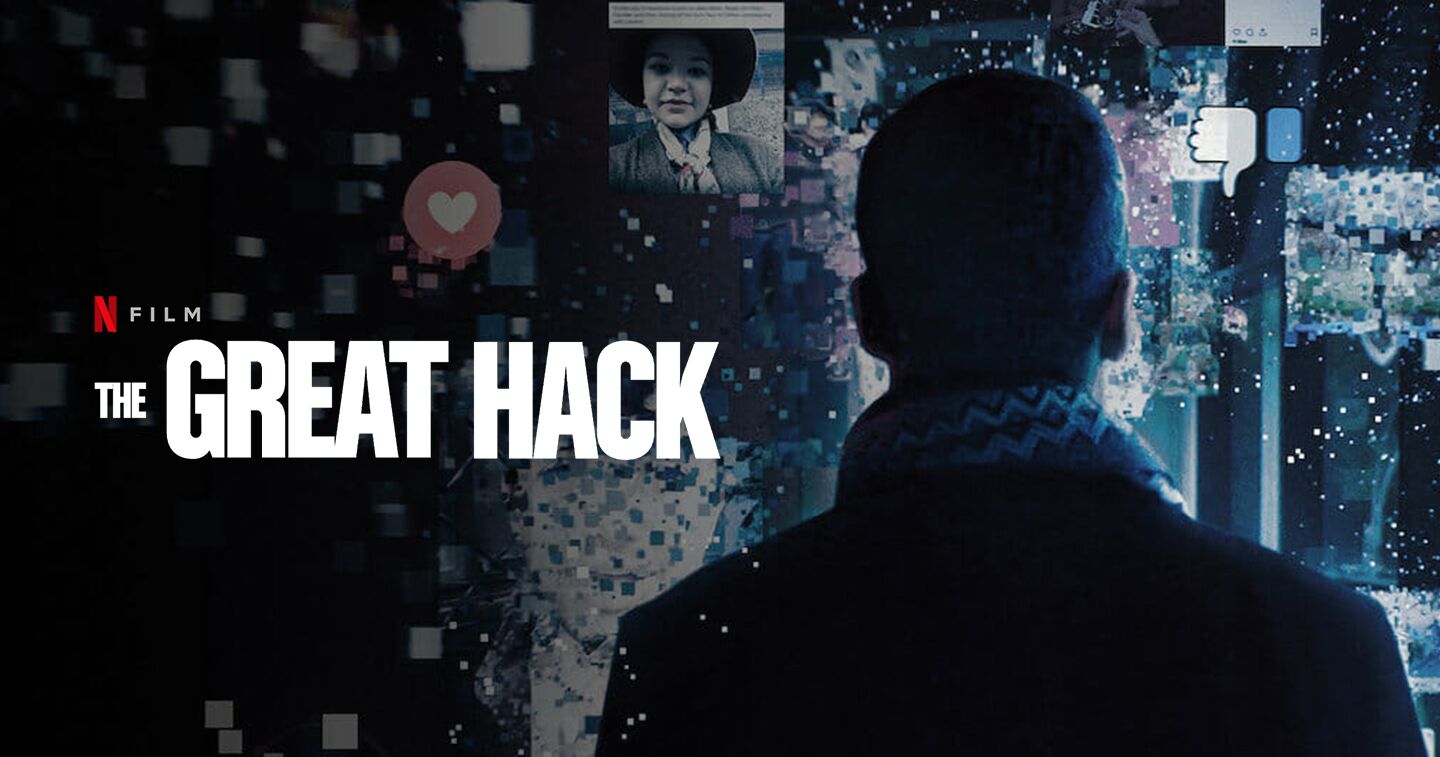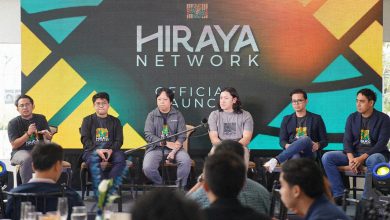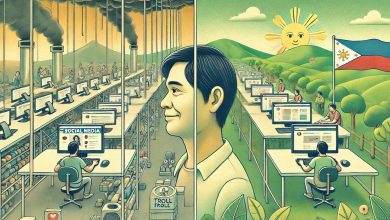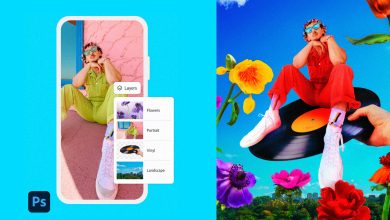Words by Mike Palacios
I recently took some time off to watch The Great Hack, Netflix’s recent documentary on Facebook, Cambridge Analytica, and its influence on Brexit. And for anyone who’s done communications work on a technology platform for the last 10 years, including most of adobo’s readers, there’s nothing to the “how” of The Great Hack, the story of co-opted data and the company that got Trump elected and made Brexit happen, that will be unfamiliar.
You’ll see slick visuals of street corners, with throngs engrossed by their smartphones, casting location data and tweets into the air like bits floating into the sky. You’ll hear people say conference classics like “data has surpassed oil in value”. You’ll be entertained by secrets whispered poolside in undisclosed island locations.
You’ll be told a story that effectively walks us through how Facebook opened their data doors to third parties in the early 2010s, and how enterprising organizations like Cambridge Analytica used unassuming Facebook personality quizzes and Facebook Connect to rip entire social graphs and profile millions of users.
Nothing new here. All of us early to the social media party probably built a Facebook app in our day. We did promotions, contests and quizzes. Companies like Zynga built (flash in the pan) unicorn businesses on the back of Facebook’s third-party tools, especially when they could invite all your friends with one click.
We’d seen it all before.
But what will be new is the micro story in the midst of all the macro — real stories of whistleblowers, practitioners, and seasoned journalists. Particularly the story of one Brittany Kaiser, who went from Obama volunteer to leading an agency effort to help make Brexit happen, help get Donald Trump elected, and then flip back again into a whistleblower.
(An interesting point about Kaiser – she claims she joined Cambridge Analytica because she couldn’t find a job on the Obama/Clinton/Democrats side. There’s an interesting lesson there about how we renumerate digital talent by bidding low.)
Equally revealing are the stories of the crusaders – UK journalist Carole Caldwallr of the Guardian and her revealing exposé of Cambridge Analytica, amidst personal threats and online harassment (sounds familiar), and David Caroll, a New York-based media professor who filed a challenge in the UK to get the data that Cambridge Analytica had on him. These two will be worth following after the credits have rolled.
What will be unfamiliar is the shocking blindness of companies like Facebook to the implications of giving away one-click access to reams of private data — past, present, and future, and how governments have not done enough to hold technology companies accountable. I wish The Great Hack had more to this part of the story, but I can understand how insiders might be less forthcoming.
And what will be chilling is the story of Cambridge Analytica, a digital agency masquerading as a data company, creating hyper-personalized Facebook ads based on data profiles from years ago. It’s exactly the same way we use ad automation to create thousands of ad segments based on user behavior for the last couple of years, but Cambridge chose to use that data to help authoritarians and nationalists win at all costs.
There’s a part of the documentary where they show snippets of Cambridge’s sales presentation, and they really do sound like the smartest guys in the room when they claim that they have refined their method using electoral work done in multiple countries. If you’re (like me) living somewhere where authoritarianism seems to be creeping in, then you’ll see in The Great Hack a part of what we’re up against.
The takeaway I picked up from The Great Hack is how familiar everything sounded, and yet how dirty it made me feel. What we do in digital marketing can so easily be used to advance the agendas of thieves, bigots, and murderers. It’s not impossible to draw a line from Cambridge Analytica’s body of work, to the victory of Trump, to the relaxing of gun control laws in America, to the mass shootings in the United States over the last weekend.
For us in the Philippines, the scary thing is that the political establishment has yet to fully realize Cambridge Analytica’s excellence of execution. Who needs a data-driven, hyper-personalized scalpel when the Hulk-smash hammer of just making things up on social media seems to work just fine?
The Great Hack serves as a mirror to ourselves as technology, marketing and communications professionals — as individuals, organizations, and communities. We’ve got the tools. We’ve got the data. Are we going to allow ourselves to be weaponized? Will we take anyone on as a client, or as an employer?
It boils down to choice. Who will you stand for?
About the author:

Mike Palacios was former Chief Digital Officer for Publicis Manila, and was president of the Internet and Mobile Marketing Association of the Philippines in 2014. He moved to London in 2018 and currently sits as Head of Digital for a UK-based international development charity.










